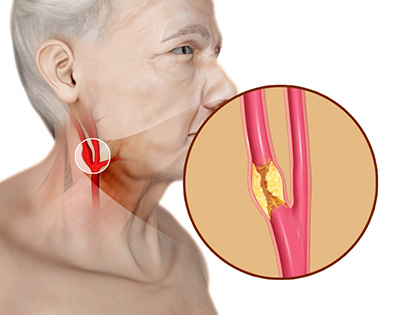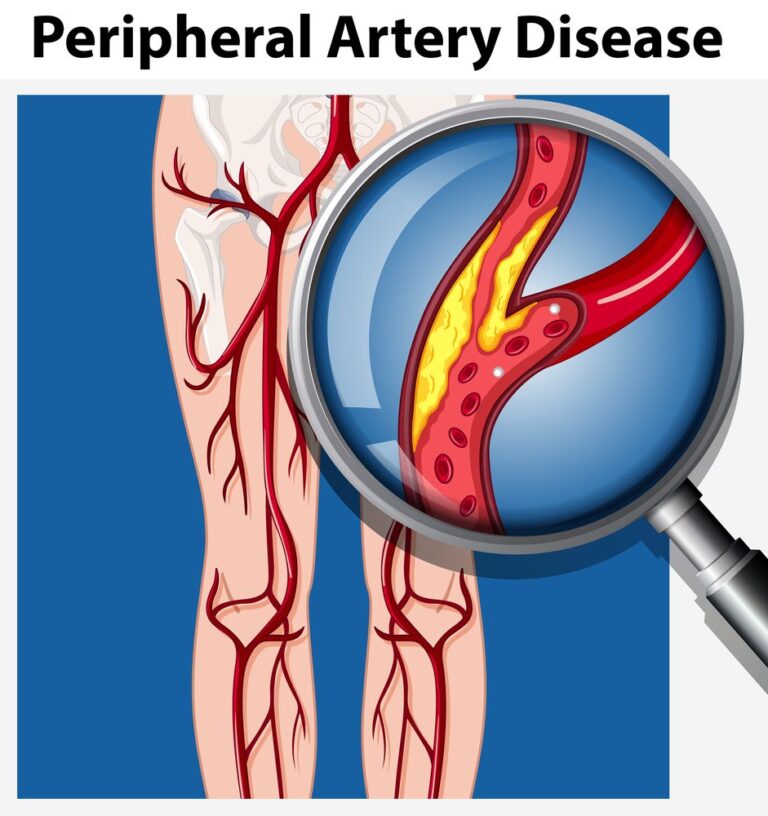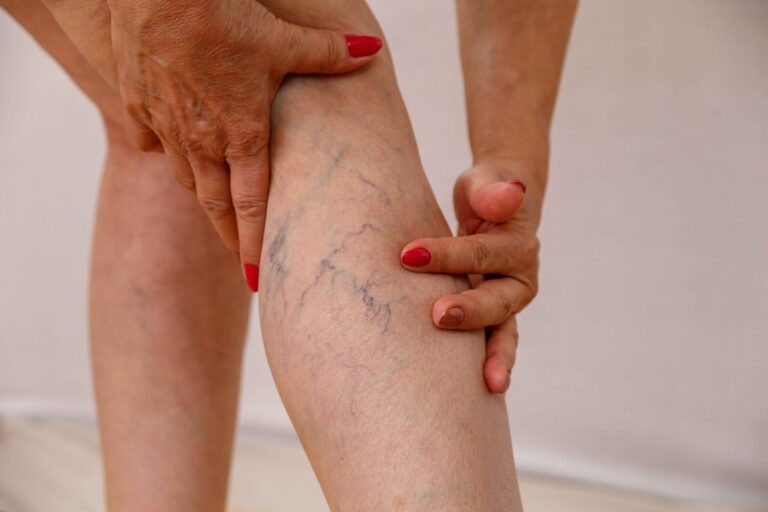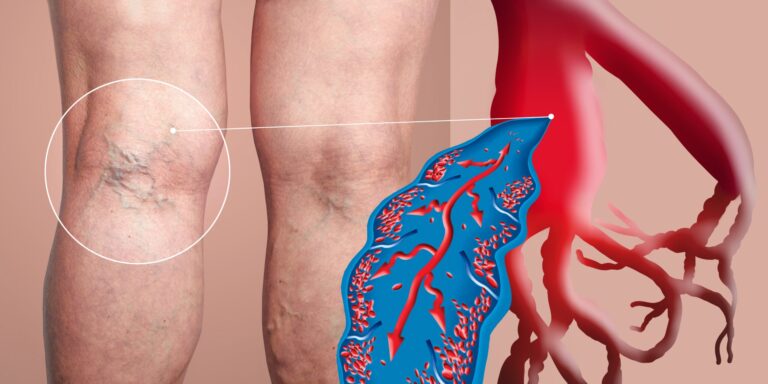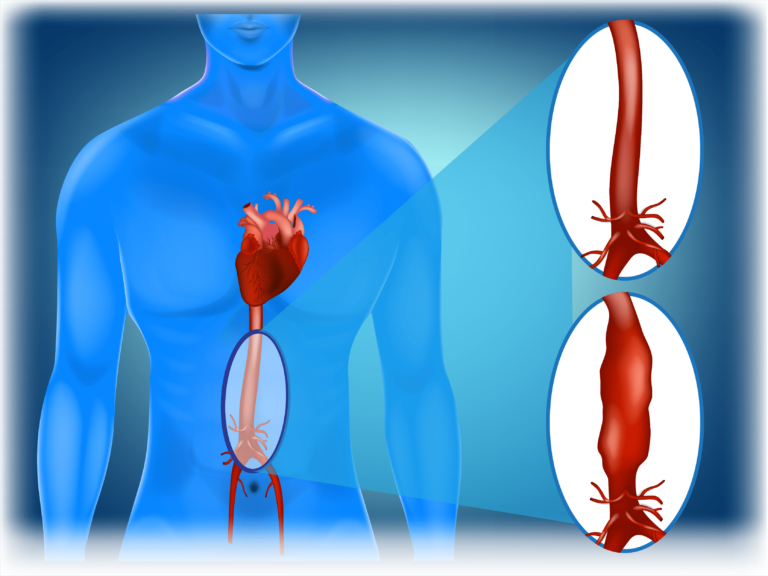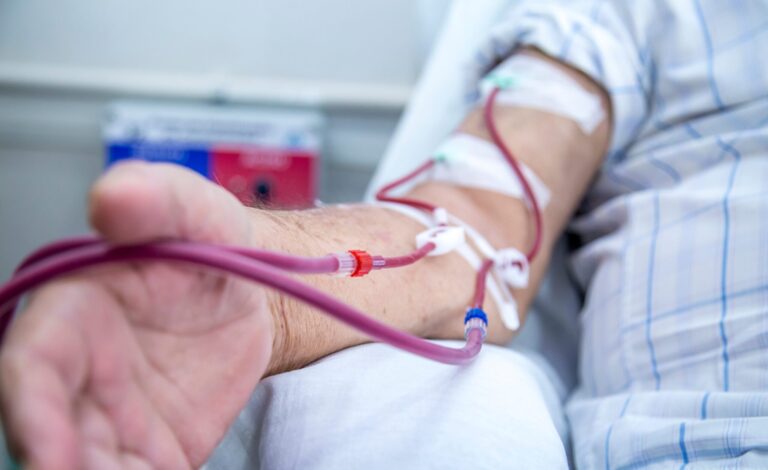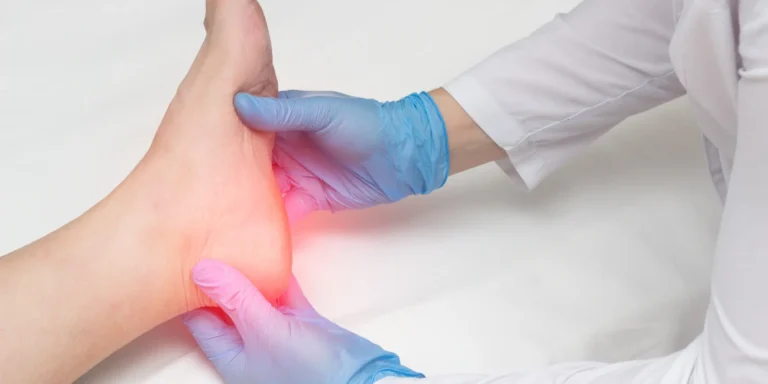Carotid artery disease causes up to one-third of all strokes, but you can prevent life-threatening events by getting a risk assessment and individualized treatment from Christopher Pollock, MD, at Apex Vascular in Lenoir City, Knoxville and Crossville, Tennessee. As a board-certified vascular specialist with years of experience, Dr. Pollock provides proactive preventive care and uses his extensive skills to perform minimally invasive procedures that restore blood flow to your brain and help you avoid a stroke. To schedule an appointment, use the online booking feature or call the office today.
What causes carotid artery disease?
Carotid artery disease develops when cholesterol and other fats accumulate in the artery wall—a condition called atherosclerosis. Without treatment, the fatty plaque keeps enlarging, hardens, and narrows the artery.
The plaque progressively limits blood flow through the artery. Since the carotid arteries carry oxygen-rich blood to your brain, advanced carotid artery disease leads to a stroke.
What symptoms does carotid artery disease cause?
Carotid artery disease doesn’t cause symptoms until the plaque gets large enough to restrict blood flow. The first sign of a problem is usually a transient ischemic attack (TIA) or stroke.
During a TIA, the blood supply is blocked for a short time. As a result, your brain isn’t damaged. If you have a stroke, the blood flow to your brain stops, and brain cells die.
The symptoms of a stroke include:
- Weakness or numbness on one side of your face and/or body
- Difficulty speaking
- Difficulty understanding others
- Changes in vision in one or both eyes
- Sudden, severe headache
- Dizziness
- Loss of balance
A stroke requires immediate emergency attention. Getting treatment within the first few hours improves your chance of a full recovery.
How is carotid artery disease treated?
If carotid artery disease is caught early, you may only need lifestyle changes and medications. But if you have a moderate to severe blockage, you need a procedure to restore blood flow.
Your treatment plan may include:
Lifestyle changes
You may prevent carotid artery disease by avoiding the conditions that cause atherosclerosis: high blood pressure, high cholesterol, and being overweight or obsess.
Lifestyle changes like following a healthy diet, limiting salt consumption, losing weight, and stopping smoking reduce your risk of developing all these diseases.
Medications
Dr. Pollock may prescribe medications to treat the chronic conditions responsible for atherosclerosis.
Minimally invasive procedures
Dr. Pollock may recommend carotid angioplasty and stenting or transcarotid artery revascularization (TCAR). He performs both procedures using a catheter inside the blood vessel to inflate a balloon that pushes the blockage against the arterial wall.
Surgery
Some patients may need a carotid endarterectomy, a procedure in which Dr. Pollock makes a small incision, opens the artery, and removes the plaque. Then he closes the artery with a graft or stitches.
To learn more about carotid artery disease, call Apex Vascular or book an appointment online today.

